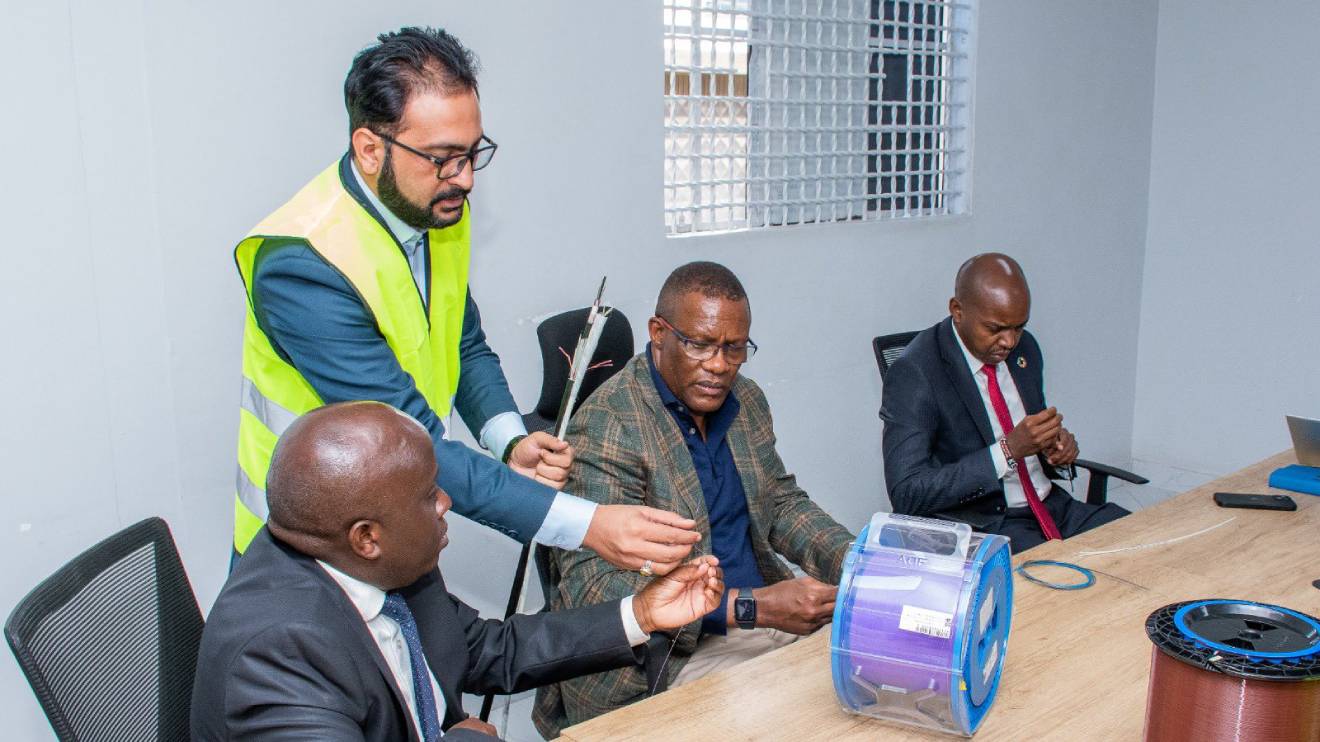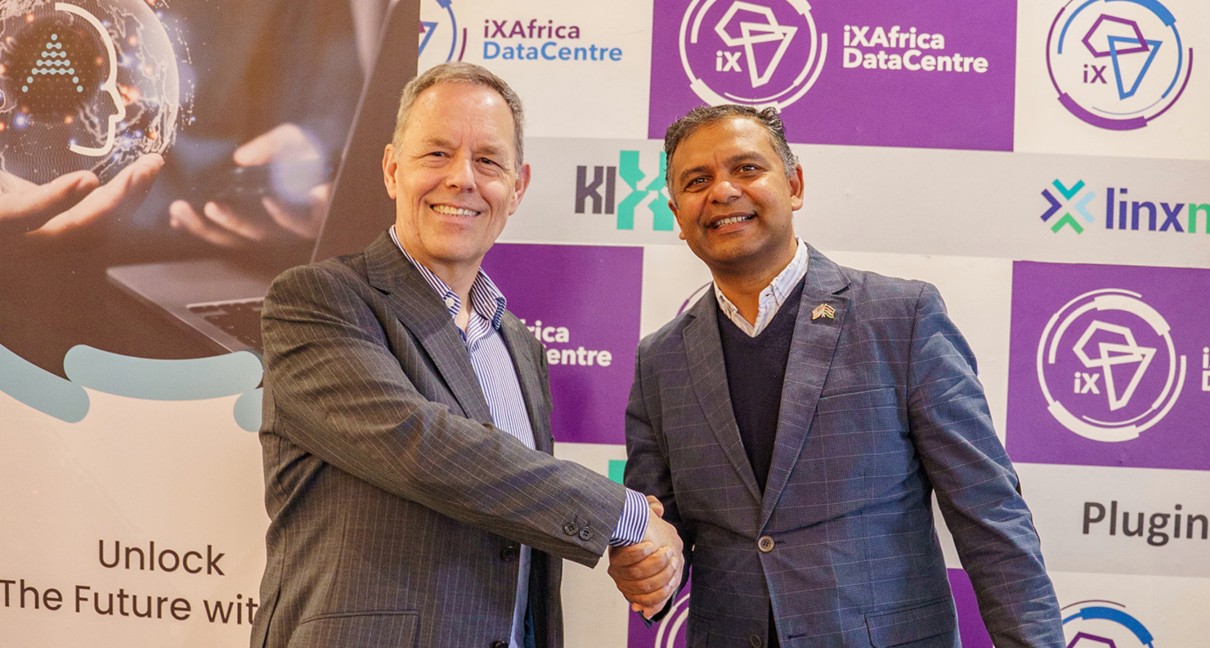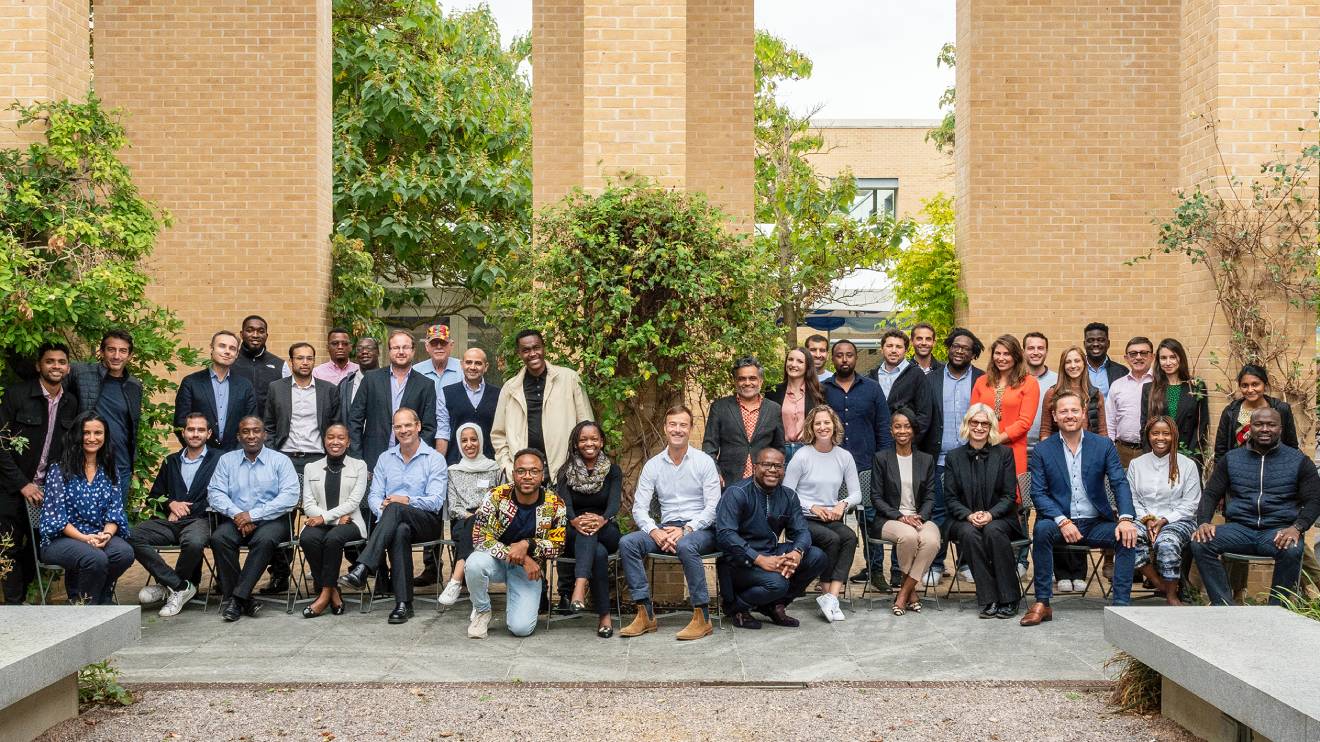Kenya has taken a significant stride towards enhancing its digital infrastructure as it inaugurates the local manufacturing of fibre optic cables.
The initiative aims to bolster internet connectivity nationwide, fostering greater access to digital opportunities for its citizens.
Eliud Owalo, the cabinet secretary for information, communications, and digital economy, revealed the groundbreaking development during a visit to the Nia Fibre Manufacturing Plant in Athi River, the pioneer fibre manufacturing facility in Kenya on Thursday.
"We have embarked on local manufacture of fibre optic cables. We now have the first and only fibre optic cables manufacturing firm in Kenya," Owalo announced, underlining the pivotal role of this venture in the nation's technological advancement.
John Tanui, the principal secretary in the State Department for Information and Communications Technology and Digital Economy, stressed the paramount importance of ensuring the production of high-quality, affordable, and accessible fibre optic cables.
Read More
He emphasized their role in fulfilling the government's ambitious target of establishing a 100,000 km national fibre optic cable network.
According to Tanui, the government-contracted firm has already made significant strides, delivering over 12,000 km of fibre optic cables within Kenya and exporting approximately 30 per cent of its output to over ten African countries.
"It has also exported about 30 per cent of its fibre cables to over 10 countries in Africa," Tanui revealed.
Despite Kenya boasting 51 million internet subscriptions, with approximately 70 per cent accessed via mobile phones, the absence of widespread access to faster and more affordable internet through fibre optic cables has hindered utilization, particularly in rural areas where mobile services remain prohibitively expensive for many.
To mitigate this digital disparity, the Kenyan government has initiated the installation of free public Wi-Fi spots nationwide, alongside programs aimed at equipping the youth with digital skills to harness the potential of the internet.
The recent approval of 390 million U.S. dollars in funding by the World Bank for the first phase of a program geared towards expanding high-speed internet access in Kenya further underscores the global recognition of the country's efforts in bridging the digital divide.
With the commencement of local fibre optic cable production, Kenya marks a significant milestone in its journey towards a digitally inclusive society, laying the groundwork for enhanced connectivity and economic empowerment for all its citizens.












